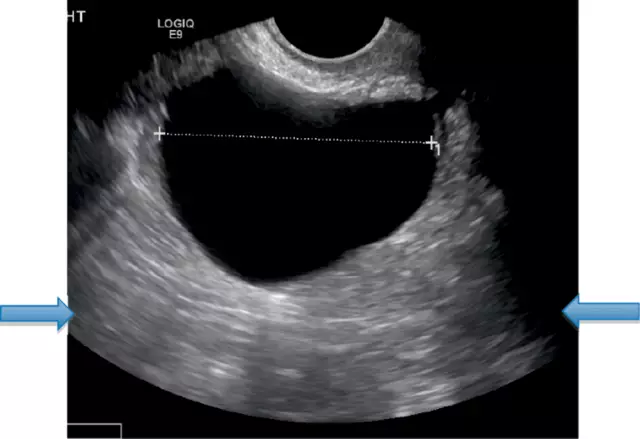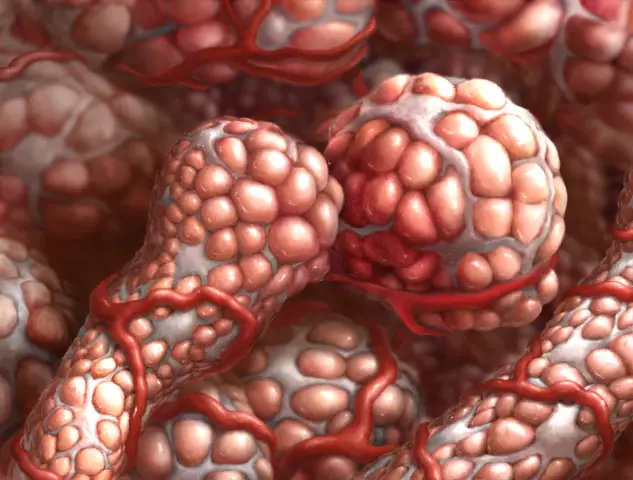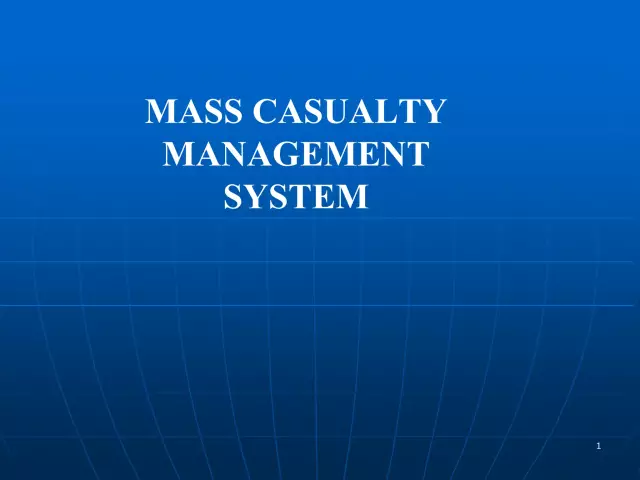- Author Rachel Wainwright [email protected].
- Public 2023-12-15 07:39.
- Last modified 2025-11-02 20:14.
Heart ultrasound

Ultrasound examination of the heart (ultrasound of the heart) is an instrumental method of examining the heart, which allows to identify a large number of different pathologies that can occur at any age. Sometimes it is mistakenly believed that doing an ultrasound of the heart is necessary only in order to identify congenital heart defects. In fact, ultrasound of the heart can detect a wide range of various diseases in addition to congenital defects. Ultrasound of the heart is a very informative research technique that allows you to obtain information not only about the state of the valves, but also the size of the heart cavities, the presence of pathological blood currents, and the work of the heart muscle. This technique is distinguished not only by its information content, but also by its complete safety. Therefore, it is possible to conduct an ultrasound of the heart for a newborn and an ultrasound of the heart during pregnancy,which will not affect the health of either the mother or the child.
Indications for ultrasound of the heart
Indications for ultrasound of the heart can be both planned and emergency.
Planned indications include a heart test during adolescence and before pregnancy. All adolescents aged 14 years are advised to have an ultrasound of the heart. The need to conduct this study at this age is due to the fact that adolescents begin to grow rapidly. The body grows unevenly: some organs grow faster, some more slowly. The heart muscle does not differ in the possibility of intensive growth, therefore, during the period of increasing loads on the myocardium, pathological processes in the heart may appear.

If we talk about pregnancy, the need for ultrasound of the heart is due to the fact that pregnancy increases the load on the cardiovascular system. For this reason, if an abnormality was observed in the structure of the heart that was not diagnosed earlier in a woman's life, it can affect the course of pregnancy. This leads to disruption of the normal life of the woman, as a result of which the question of termination of pregnancy may arise. You can also conduct an ultrasound of the heart during pregnancy if the woman has chronic heart disease and the study was not carried out in advance. Ultrasound has no effect on the developing fetus.
Increased physical activity can also affect the condition of the heart, therefore, people who are professionally involved in sports should periodically do an ultrasound of the heart.
Emergency indications for ultrasound of the heart include: the presence of a murmur in the heart, especially if it is detected in a newborn child, a decrease in blood pressure, the appearance of shortness of breath, pain in the heart, the presence of a cyanotic staining of the nasolabial triangle in the child during anxiety or feeding.
Contraindications to cardiac ultrasound
There are practically no contraindications. There are times when it is not possible to make an ultrasound of the heart due to technical difficulties. This situation can arise if it is necessary to conduct an ultrasound of the heart of a newborn and there are no small sensors in the set. It is also impossible to do an ultrasound of the heart for young children who have a negative attitude to this procedure.
Cardiac ultrasound technique
The heart ultrasound is based on the ability of tissues with different density to reflect ultrasound in different ways. The device's sensors pick up ultrasonic waves that are reflected from the heart and build a picture of the results on the screen. The information content of the resulting image depends on the sensitivity of the sensors. There are various attachments for the sensors that allow you to expand the information obtained during ultrasound of the heart. With the use of such sensors, it becomes possible to observe the movement of blood within the cavities of the heart, which makes it possible to diagnose regurgitation (reverse blood flow).
Diseases and conditions that can be diagnosed with an ultrasound of the heart
Ultrasound of the heart in newborns can identify malformations of the heart and its abnormalities. With the help of ultrasound of the heart, it is possible to diagnose insufficiency of the heart valve system, the presence of reverse blood flow, and valvular lesions are diagnosed in endocarditis. Ultrasound of the heart gives an idea of the structure of the heart muscle and its hypertrophy in the presence of arterial hypertension in a person.
Found a mistake in the text? Select it and press Ctrl + Enter.






